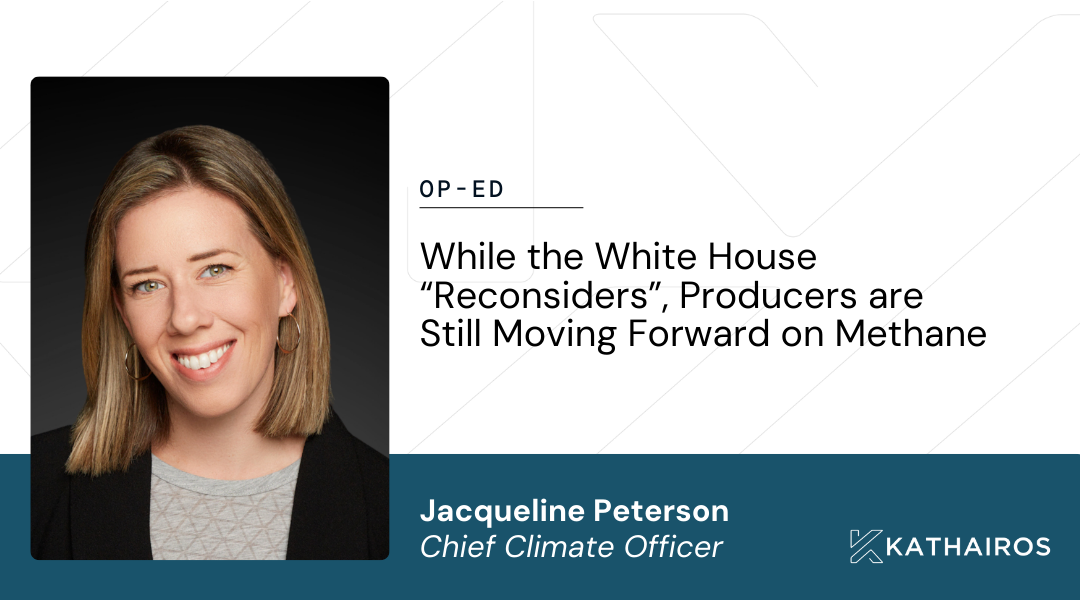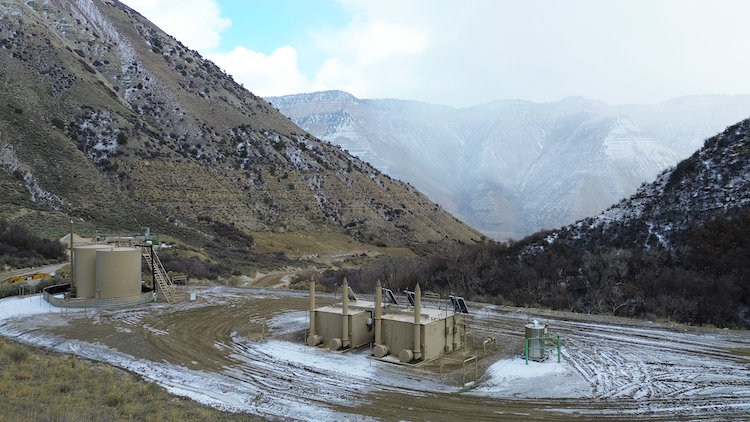
Kathairos has emerged as the leading North American solution for methane elimination from pneumatics, with more than 1,000 systems in operation across North America and over 40 major oil and gas producer partners.
In this post
Is there an added bonus to buying discounted produce from the grocery store, besides a couple extra dollars in your pocket? Well, research shows that reducing food waste actually has a significant impact on emissions.
The economic and environmental benefits of purchasing discounted, last-change groceries have allowed Apps like Too Good To Go- which lets businesses sell “surprise bags” of soon-to-be discarded food items for a third of the price- to gain footing across the world.
While many small grocers have come up with ways to avoid food waste, such as donating to food banks, pickling vegetables, and selling wholesale to restaurants, there still is significant food waste coming from groceries too close to their expiry dates.
According to the World Resources Institute, food waste makes up 8% of annual global GHG emissions. The report posits that even a 25% reduction in global food waste could put the agriculture sector as much as 15% closer to meeting its emissions goals for keeping global warming under 1.5C.
For many distributors and grocers, there is both a business case and an environmental case for selling close-to-expire food at cost. In Canada, more than 3,000 business are already using Too Good To Go or similar apps, selling upwards of 500,000 meals that would otherwise have gone to waste.
Explore more posts from Kathairos
.jpg)
Decarb Digest, Issue 01: Discover Why Energy Leaders Aren’t Waiting on Washington

Op-Ed: While the White House “reconsiders”, producers are still moving forward on methane

